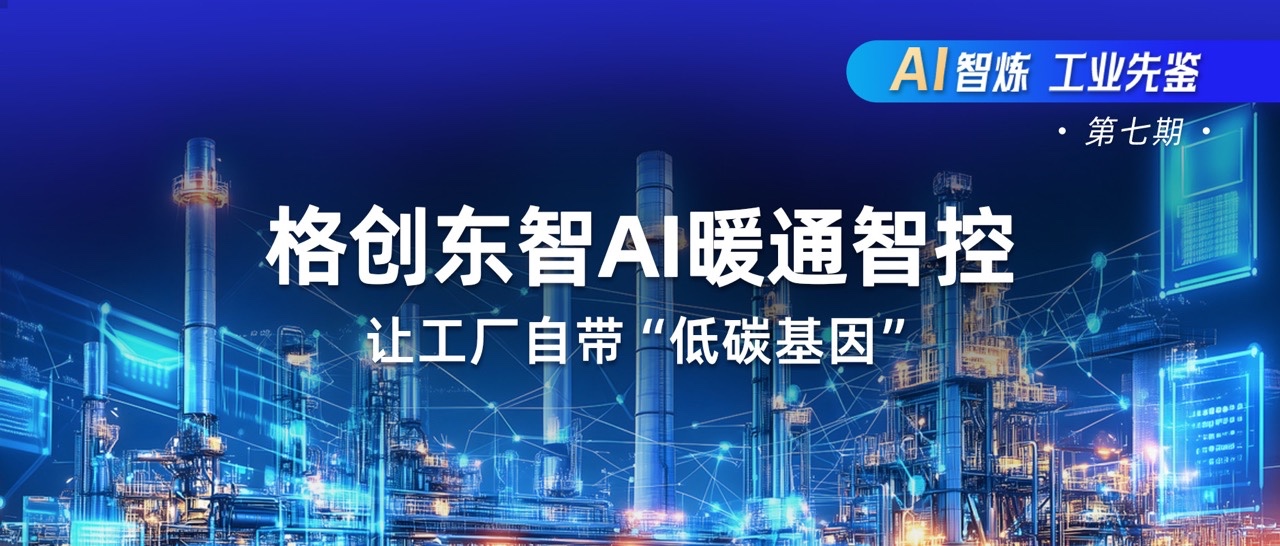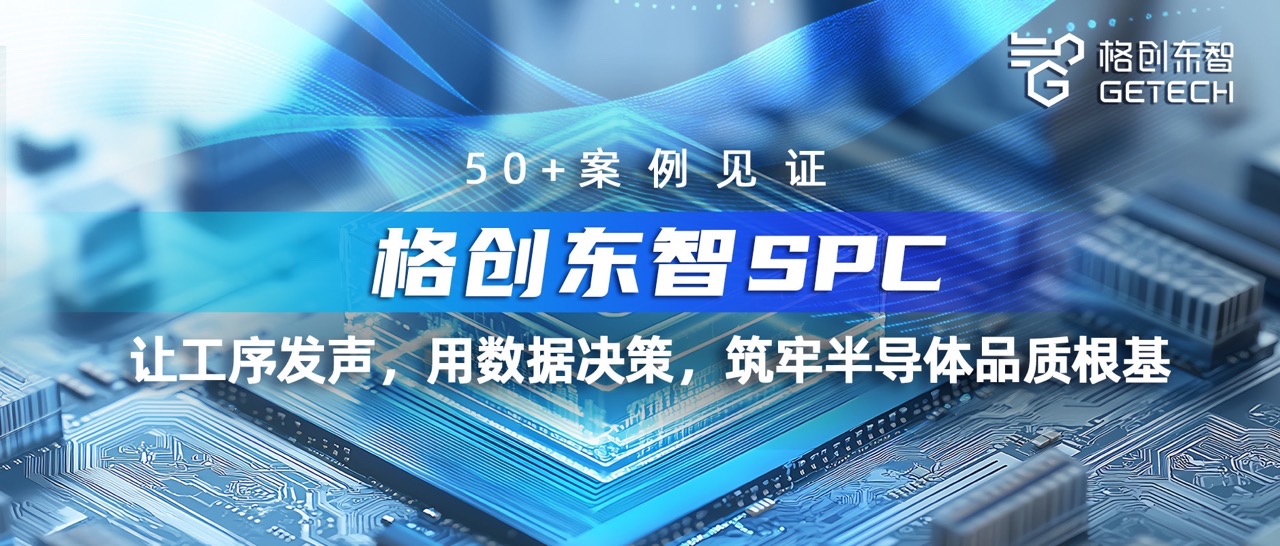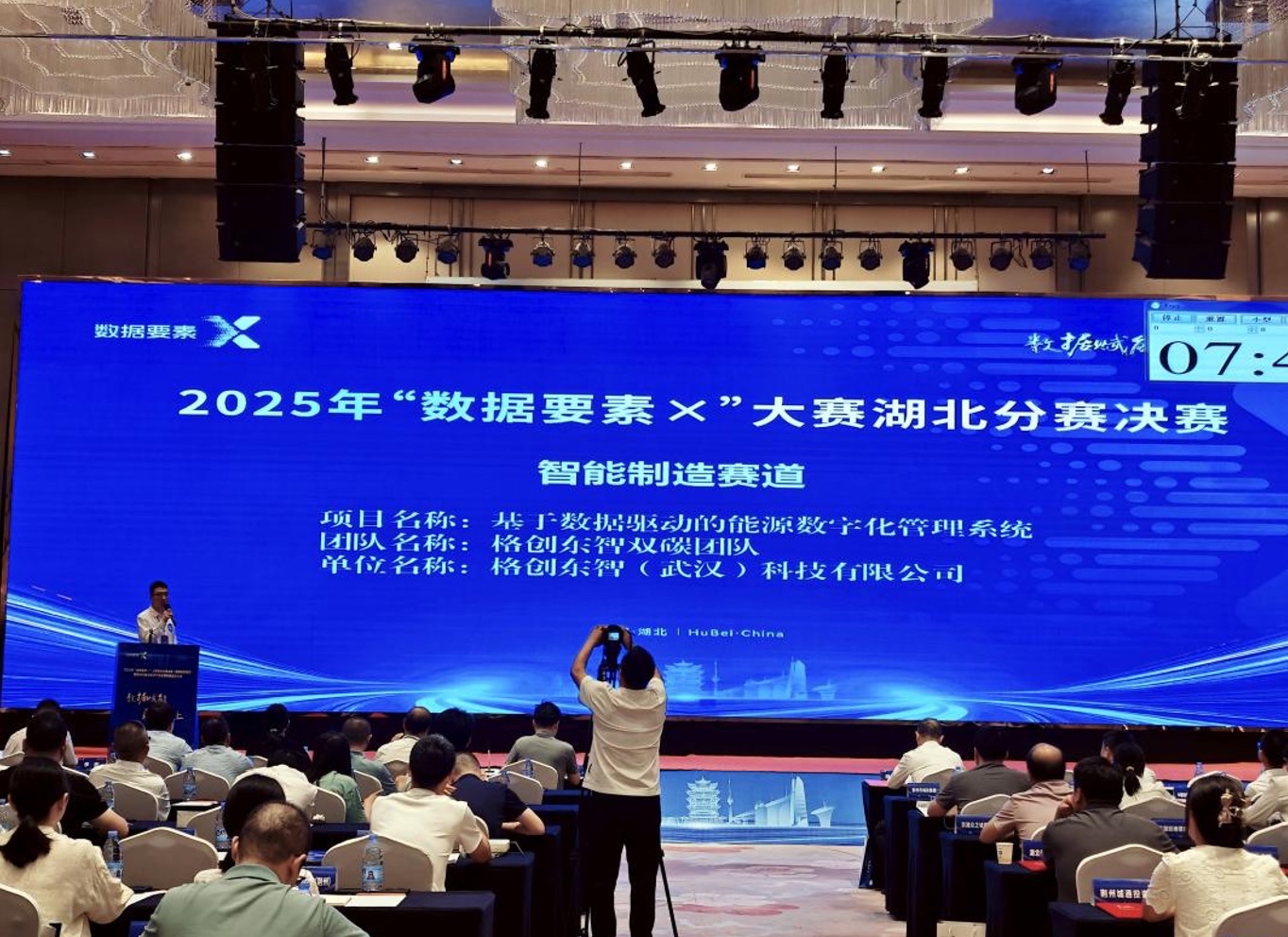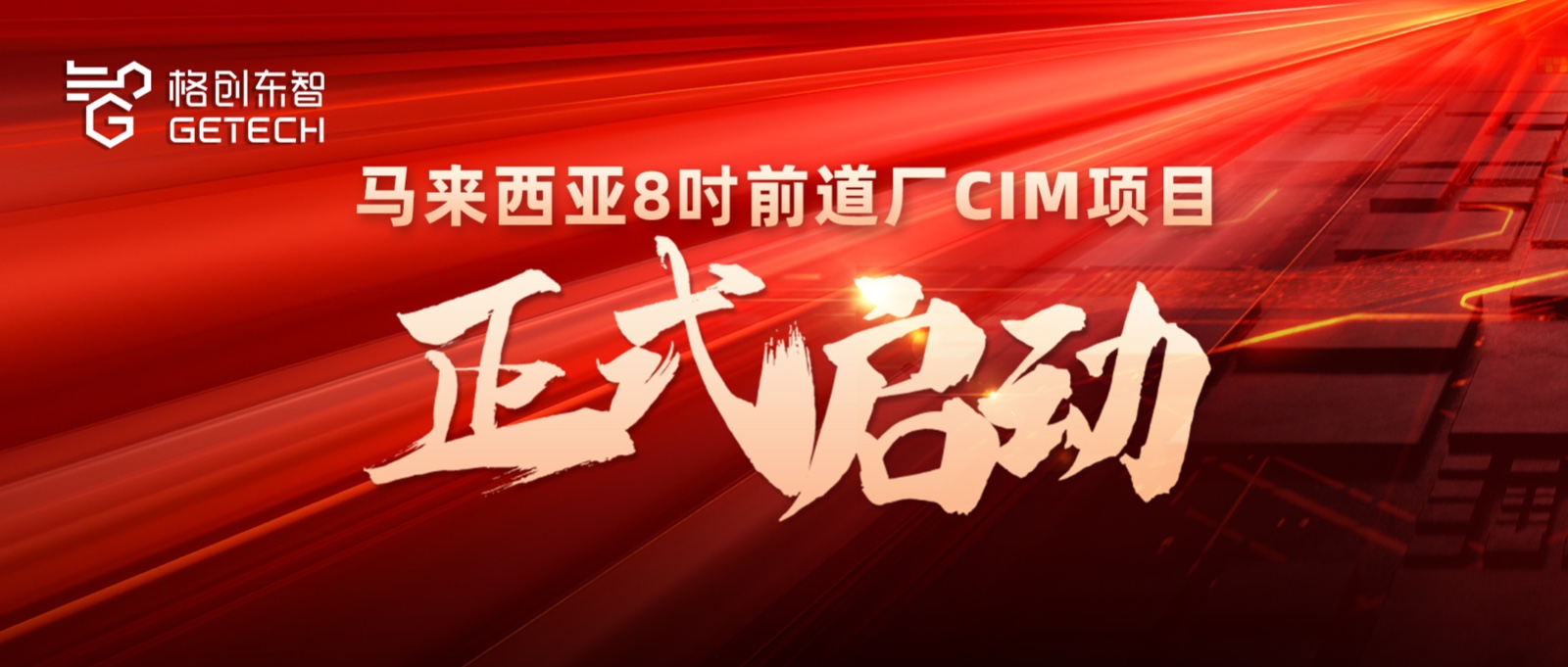How can semiconductor companies tackle the four major industry challenges?
Driven by consumer market demand, the global chip industry continues to show strong growth. A McKinsey research report, 'Strategies for Leading the Semiconductor Industry,' points out that with increasing chip demand from autonomous driving, vehicle electrification, and artificial intelligence, the industry is entering a 'golden decade for semiconductors.'
For Chinese semiconductor companies, seizing industry development opportunities amid the new global competitive landscape requires effectively addressing four major challenges:
1
High equipment operation and maintenance costs
As a typical capital-intensive industry, semiconductor factories invest 60%-70% of capital expenditure in equipment. The variety and quantity of equipment are extensive, mostly imported and expensive, with significant losses from unexpected downtime. Additionally, factories must manage preventive maintenance for multiple production lines and machines while mitigating the risk of unplanned stoppages. Existing systems often lack real-time visual monitoring and centralized management. Under current market pressures for high performance and low cost, the existing high-cost equipment management model is unsustainable.
2
On-site data silos
Semiconductor processes are complex, generating massive data from information systems and automation. Production increasingly relies on data analysis, with numerous application scenarios playing a critical role for manufacturers. However, bottlenecks in data extraction, storage, and organization make data collation time-consuming and labor-intensive. Data exists independently across systems, hindering integration and comprehensive analysis. Severe on-site data silos create an urgent need for standardized, reliable, and reusable data resources for upper-layer applications.
3
Yield reliance on manual experience
Yield is the 'lifeline' of the semiconductor industry, directly impacting final actual costs. Yet, most semiconductor factories still depend on manual experience for quality monitoring. Subjective inspections suffer from large quality deviations, slow speeds, and limitations in visual and judgment capabilities. High labor intensity affects accuracy and efficiency, creating a 'manual' bottleneck in fully automated production. Meanwhile, high employee turnover, long training times, and rising labor costs impose significant cost pressures.
4
Repeated impacts on security and reliability
Influenced by foreign chip embargoes, high-tech control restrictions, and Sino-US trade relations—including restrictive regulations like the 'Chip Act'—the security and reliability of semiconductor-related technologies have become a major theme for sustainable industry growth. Building a complete domestic semiconductor industry chain, including software systems, is crucial. Achieving domestic substitution and independent control of key equipment and software is the only way forward for China's semiconductor industry. This process also offers opportunities to leverage new technology architectures and innovations for overtaking competitors.
In response, Xiao Changbao, Chief Architect of GeChuang DongZhi and SEMI Standards Committee expert, stated:
"
"In our practical service experience, many semiconductor industry clients face these issues, often dealing with the compounded effects of multiple challenges. This requires multi-dimensional solutions tailored to the semiconductor industry's characteristics.
For example, in a full-factory CIM project we implemented at a domestic 8-inch fab, we helped the client achieve production management, quality control, and process optimization across multiple factories and workshops—from silicon wafer and晶圆 production to packaging, testing, and finished product assembly. By integrating data across multiple business processes and systems, the client realized end-to-end traceability management from raw material crystal pulling to finished product assembly, greatly optimizing management efficiency across multiple factories."
To address these challenges, GeChuang DongZhi leverages its deep full-factory service capabilities, full-stack solutions, and rich innovative technology applications—particularly its self-developed semiconductor CIM system with high stability and high concurrency processing. It assists semiconductor companies in enhancing core competitiveness through digital transformation, integrating process data via a core capability platform, enabling end-to-end planning, procurement, and manufacturing, facilitating rapid internal and external system collaboration, and building a software-defined smart factory covering the entire enterprise value chain. Key implementations include:
Dynamic equipment monitoring: Real-time collection of equipment and process data; systematic determination of equipment downtime causes; centralized maintenance of equipment Recipes.
Precise logistics management: Generating incoming inspection tasks based on material types to ensure quality; accurate material distribution according to plans with error-proof loading; managing expiration dates for wafers, photoresists, developers, chemicals, etc.
Efficient planning coordination: Reducing machine setup time based on order scheduling priorities; improving machine utilization by coordinating lot batches for the same order, reducing front-end/back-end adjustment time.
Transparent production execution: Real-time visibility into processes, personnel, and production progress; improving product turnover and reducing production costs; real-time alerts for production anomalies and dynamic scheduling.
Accurate quality traceability: Complete traceability for Lots, packages/PCBA, wafers, and Dies; automatic Recipe, program, and parameter formulation and verification.

As a national cross-industry platform originating from China's semiconductor manufacturing industry, GeChuang DongZhi excels not only in industrial software and system R&D for cutting-edge sectors like semiconductors but is also one of the few leading domestic providers of full-stack factory integration services. Its offerings span full and multi-factory digital consulting and solution design, IT implementation and delivery, and subsequent maintenance. Based on a 'production-analysis-prediction' perspective, it constructs semiconductor factory production systems. Its self-developed CIM integrates key systems including MES, EAP, SPC, APC, FDC, YMS, etc., possessing industry-leading core technical strength and empowerment capabilities.
Currently, GeChuang DongZhi serves semiconductor clients across materials, wafer manufacturing, packaging and testing, and equipment. Its end-to-end smart factory products and solutions cover production operations, quality and yield improvement, equipment health, energy management, and more. By reconstructing traditional software architectures with new technologies, it better supports high-concurrency, low-latency, and precise stable business scenarios, excelling in integrating大量 complex, non-native systems.





